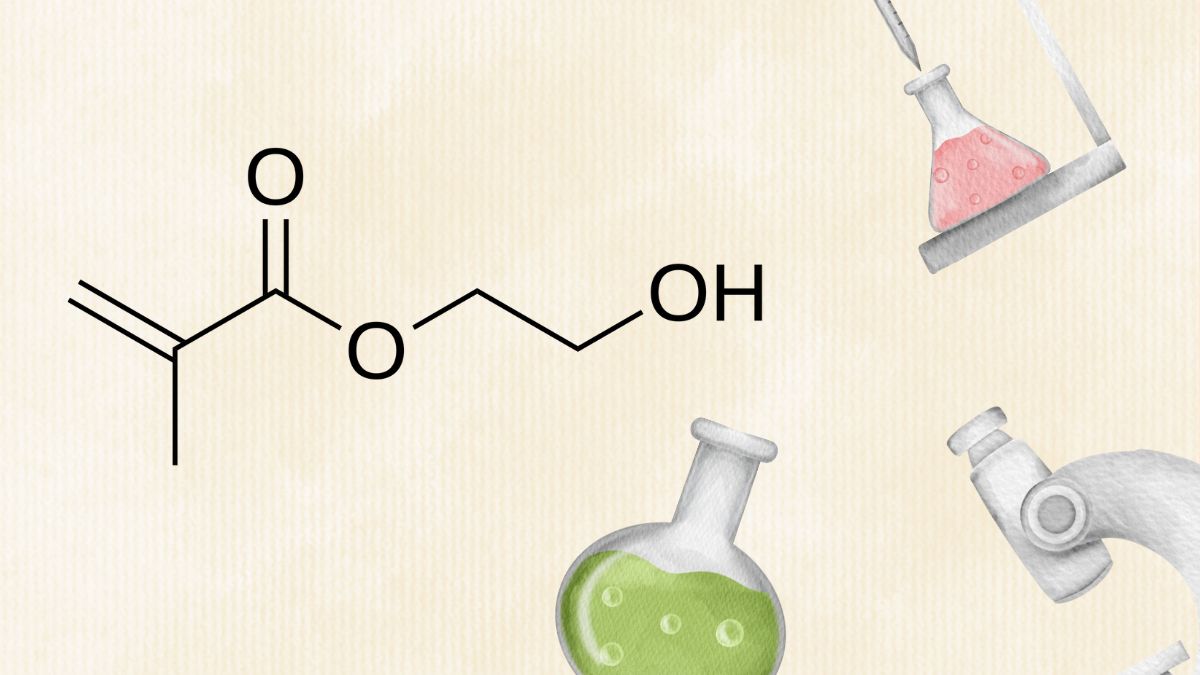Table of contents
1. Introduction to Onycholysis
- 1.1. What is Onycholysis?
- 1.2. Causes of Onycholysis
- 1.3. Symptoms and signs
- 1.4. Common misunderstandings
2. Prevention of Onycholysis
- 2.1. Daily nail care
- 2.2. Choose the right products
3. Treatment methods for Onycholysis
- 3.1. Home treatments
- 3.2. Professional treatments
- 3.3. When should you see a doctor?
- 3.4. Long-term solutions
4. FOX Nail Boost Oil: A Wundermiddel
- 4.1. Ingredients and their benefits
- 4.2. How to use the oil?
- 4.3. Customer experiences and feedback
5. Lifestyle changes for healthier nails
- 5.1. Water intake and hydration
- 5.2. Stress management
- 5.3. Protection against chemicals
- 5.4. Proper nail care
6. Myths and facts about Onycholysis
- 6.1. Debunking myths
- 6.2. Scientific facts
- 6.3. Common mistakes and how to avoid them
- 6.4. Advice from experts
7. Conclusion and the way forward
- 7.1. Summary of key points
- 7.2. Maintenance advice
- 7.3. Additional resources and support
1. Introduction to Onycholysis
Onycholysis is a condition where the nail detaches from the nail bed. This condition can occur for various reasons, such as overload, damage from chemicals, and imbalance in the acid level in poor quality nail products. This blog will dive deep into what Onycholysis is, how it affects you, and what you can do to treat and prevent it.

1.1 What is Onycholysis?
Onycholysis occurs when the nail detaches from the nail bed, either partially or completely. It is often painless, but can cause discomfort and aesthetic concerns.
1.2 Causes of Onycholysis
There are many potential causes of Onycholysis. These include physical trauma, exposure to harsh chemicals, fungal infections, and even stress. Sometimes it can also be a sign of underlying diseases such as psoriasis.
1.3 Symptoms and signs
Signs of onycholysis include a visible detachment of the nail from the nail bed. The nail can also change colour, become yellow, green or white, and in some cases there can be an unpleasant smell.
1.4 Common misunderstandings
Many people think that Onycholysis is only due to poor hygiene, but it is important to understand that it can have many different causes, and is not always related to cleanliness.
2. Prevention of Onycholysis
Prevention of onycholysis includes taking good care of your nails, avoiding overexposure to water and chemicals, and maintaining a healthy lifestyle.
2.1 Daily nail care
Regular care and maintenance of the nails is important. This includes keeping the nails clean and dry, cutting them regularly, and avoiding biting or tearing the nails.
2.2 Choosing the right products
Avoid poor quality nail products. Look for products that are gentle and free of harmful chemicals.
2.3 The importance of a balanced diet
A nutritious diet is important for nail health. Make sure you get enough vitamins and minerals that contribute to stronger nails.
2.4 To avoid environmental damage
Protect the nails from excessive moisture and chemical damage. Wear gloves when washing dishes or cleaning with chemicals.
3. Treatment methods for Onycholysis
Treatment of Onycholysis depends on the cause. It is important to first identify the cause in order to choose the right treatment method.
3.1 Home treatments
Many cases of Onycholysis can be treated at home. This includes keeping the nails dry, avoiding nail polish and artificial nails, and using antifungal creams if a fungal infection is suspected.
3.2 Professional treatments
In more serious cases, treatment by a dermatologist or other healthcare professional may be necessary. This may include prescription medications, specialized creams, or, in rare cases, surgical procedures.
3.3 When should you see a doctor?
It is important to consult a doctor if Onycholysis is accompanied by other symptoms such as pain, redness, or if you suspect an underlying medical condition.
3.4 Long-term solutions
To avoid relapse, it is important to make long-term changes to the nail care routine. This includes regular care and protection of the nails, as well as being aware of signs of problems.
4. FOX Nail Boost Oil
FOX Nail Boost Oil is a product that can help strengthen nails and fight Onycholysis.
4.1 Ingredients and their benefits
The oil contains natural extracts from wheat germ, marigold, tea tree and eucalyptus, which work together to restore the strength of the nail plate and protect against damage.
4.2 How to use the oil?
Use the oil daily by applying it directly to the nails and cuticles. Massage in until completely absorbed.
4.3 Customer experiences and feedback
Many users report positive results after regular use of FOX Nail Boost Oil, including stronger nails and a reduction in symptoms of Onycholysis.
4.4 Comparison with other products
Compared to other nail care products, FOX Nail Boost Oil is unique due to its natural ingredients and effectiveness.
5. Lifestyle changes for healthier nails
Changing certain aspects of your daily routine can play a big role in preventing and treating Onycholysis.
5.1 Water intake and hydration
Good hydration is essential for the health of your nails. Drink plenty of water every day.
5.2 Stress management
Stress can affect the overall health of the body, including the nails. Find effective methods for dealing with stress, such as meditation, yoga, or other physical activity.
5.3 Protection against chemicals
Avoid frequent use of harsh chemicals on the nails. Wear protective gloves when cleaning or using chemical products.
5.4 Correct nail care routines
Maintain healthy nail care routines, which include careful filing and avoiding tearing or biting the nails.
6. Myths and facts about Onycholysis
There are many myths and misunderstandings about Onycholysis. It is important to separate fact from fiction in order to effectively treat and prevent the condition.
6.1 Debunking myths
Many myths, such as that onycholysis is always caused by fungal infections, are wrong. It is important to understand the actual cause of your condition.
6.2 Scientific facts
Onycholysis can be a symptom of various medical conditions. Correct diagnosis and treatment based on scientific facts are necessary for effective treatment.
6.3 Common mistakes and how to avoid them
Mistakes such as ignoring early symptoms or using inappropriate treatments can worsen the condition. Learn how to avoid these mistakes.
6.4 Advice from experts
Seek advice from dermatologists or other health professionals to get the best treatment for your specific situation.
7. Conclusion and the way forward
Onycholysis can be a challenging condition, but with proper care and treatment, it is entirely possible to restore the health of your nails.
7.1 Summary of key points
We have discussed what Onycholysis is, causes, prevention, treatment options, and the importance of proper nail care.
7.2 Maintenance advice
Continue good nail care routines and lifestyle changes to maintain healthy nails and prevent future problems.
7.3 Additional Resources and Support
For additional information and support, consider consulting with a health professional or exploring trusted online resources.



